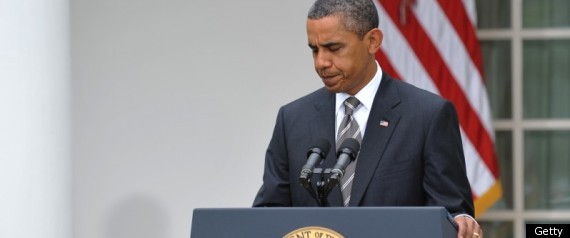 Does Rupert Murdoch, the News Corp CEO, intend to simply change his tabloid's title without addressing the alleged crimes?
Does Rupert Murdoch, the News Corp CEO, intend to simply change his tabloid's title without addressing the alleged crimes?
In Shakespeare's
Hamlet, the title character laments how quickly his father's death was followed by his mother's betrothal. "The funeral baked meats, did coldly furnish forth the marriage tables," he says. Similarly, in Britain, the public may be concerned by how speedily the closure of Rupert Murdoch's scandal-ridden tabloid, the
News of the World, has been replaced by celebrations over the launch of a new paper. Given Murdoch's wealth, however, they probably won't need to reuse the baked meats.
The
News of the World, a tabloid appearing only on Sunday, is Britain's biggest selling newspaper. In fact, with a circulation of 2.7 million, it easily outsells every American paper. But after 168 years, the
News of the World is running its last edition this weekend. Murdoch decided to ax the paper after allegations that it bribed police officers for information, lied to Parliament, and hacked into the voice mail messages of not only a murdered girl but also victims of a terrorist attack and soldiers killed in Afghanistan and Iraq.
James Murdoch, the chairman of News International,
said that the
News of the World was tarnished by "inhuman" editorial practices, which were "without conscience or legitimate purpose."
It's like Watergate in reverse, but with Woodward and Bernstein bribing the cops and then covering their tracks by
deleting millions of emails.
The web of malfeasance stretches to the highest levels of government. Andy Coulson, a past editor of the
News of the World, and recently British Prime Minister David Cameron's director of communications, has just been arrested by police. British journalist Peter Oborne believes the scandal will
permanently damage Cameron's reputation in the same way that the Iraq War hurt Blair.
So what's the next move for Rupert Murdoch? The least likely option is that he withdraws from the Sunday tabloid market. Tabloid newspapers have an influence on British politics and culture that is far greater than in the United States. In fact, British tabloids can seem a law unto themselves, ferociously championing their favored political party at election time. After the Conservatives emerged victorious in the 1992 election, another Murdoch tabloid,
The Sun, ran the headline: "It's the Sun Wot Won It" -- and many agreed.
Murdoch will probably publish a new Sunday tabloid soon, perhaps without even missing a week. At present,
The Sun runs for six days, and then like the divine, rests on Sunday. The end of the
News of the World creates a big commercial hole. Abhorring a vacuum, Murdoch may simply turn
The Sun into a seven-day-a-week operation.
But what to call it?
The Sunday Sun would be an obvious choice, but a local newspaper in Newcastle, England has already taken the name. Here, we have an important clue. On July 5, just as the storm clouds were gathering,
someone registered a domain name: www.sunonsunday.co.uk. We shouldn't be surprised if it was an agent of the Murdoch empire.
The British Justice Minister Kenneth Clarke
concluded that the closure of the
News of the World was a cosmetic enterprise: "All they're going to do is rebrand it." Meanwhile, the former Culture, Media and Sport Secretary Ben Bradshaw, described the move as "a smokescreen" that failed to deal with the alleged crimes.
Axing the
News of the World was designed to amputate the sickened limb and save the body. Seemingly dramatic action would help to achieve Murdoch's bigger goal -- getting the British government to
approve his takeover of the highly profitable satellite television company BSkyB.
But if Murdoch simply changes the paper's title, while keeping many of the same faces and practices, the public may conclude that something is still rotten in the state of Britain.
Origin
Source: The Atlantic  The former editor of a left-wing political website has filed a complaint with Toronto’s integrity commissioner in which she says Mayor Rob Ford’s first office expenses report may have violated city rules.
The former editor of a left-wing political website has filed a complaint with Toronto’s integrity commissioner in which she says Mayor Rob Ford’s first office expenses report may have violated city rules.










